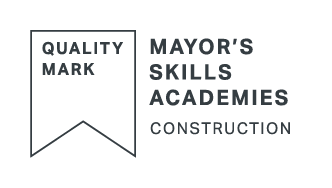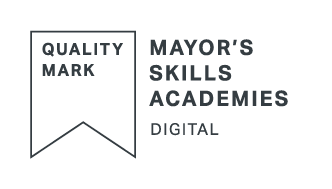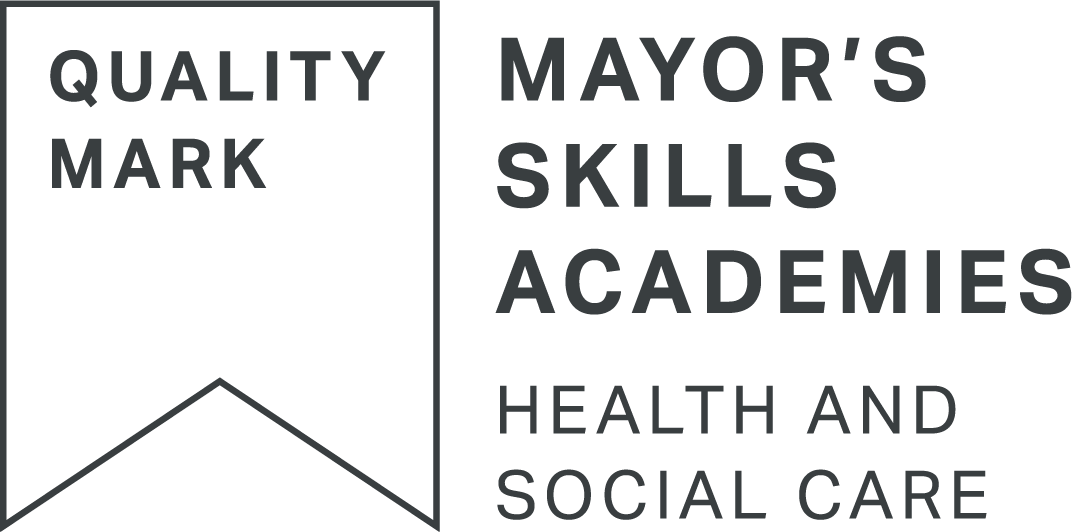A Level Geography is recognised by the Russell Group as a facilitating subject, supporting entry into many university courses. According to the Higher Education Statistics Agency, Geography graduates are among the least likely to be unemployed after graduation.
The A Level course
Geography is a relevant and current subject, helping us understand global and national issues like climate change, food security, land degradation, disease spread, migration, and economic change. New geographical research is vital in addressing these challenges. The course develops valuable transferable skills. Geography students are numerate, literate, analytical, good team workers, culturally aware, and environmentally conscious. They are problem-solvers with strong computer skills and fieldwork experience.
Students learn statistical techniques like standard deviation, Spearman's rank, and chi-squared, often applying them in their NEA projects to support critical analysis and higher grades. Fieldwork is compulsory; students must complete 4 days to be eligible for the exam. A 4-day residential trip to the Isle of Arran (approx. £400) is planned to meet this requirement and support the NEA and course content. Financial support may be available—contact student finance or your teacher for details.
Fieldtrip Details
The Geography fieldtrip to the Lochranza Outdoor Education and Activity Centre https://www.lochranzacentre.co.uk/, involves a residential stay to conduct geography fieldwork on the Isle of Arran, Scotland.
The trip supports NEA data collection and course topics including Water and Carbon Cycles, Coastal Systems, and Changing Places. The NEA, worth 20% of the final grade, assesses students' ability to use methods to investigate, analyse, and evaluate geographical questions. Students will explore the River Easan drainage basin and issues in sustainable management, helping to apply classroom learning and prepare for their independent investigation, conducted between July and January.











































